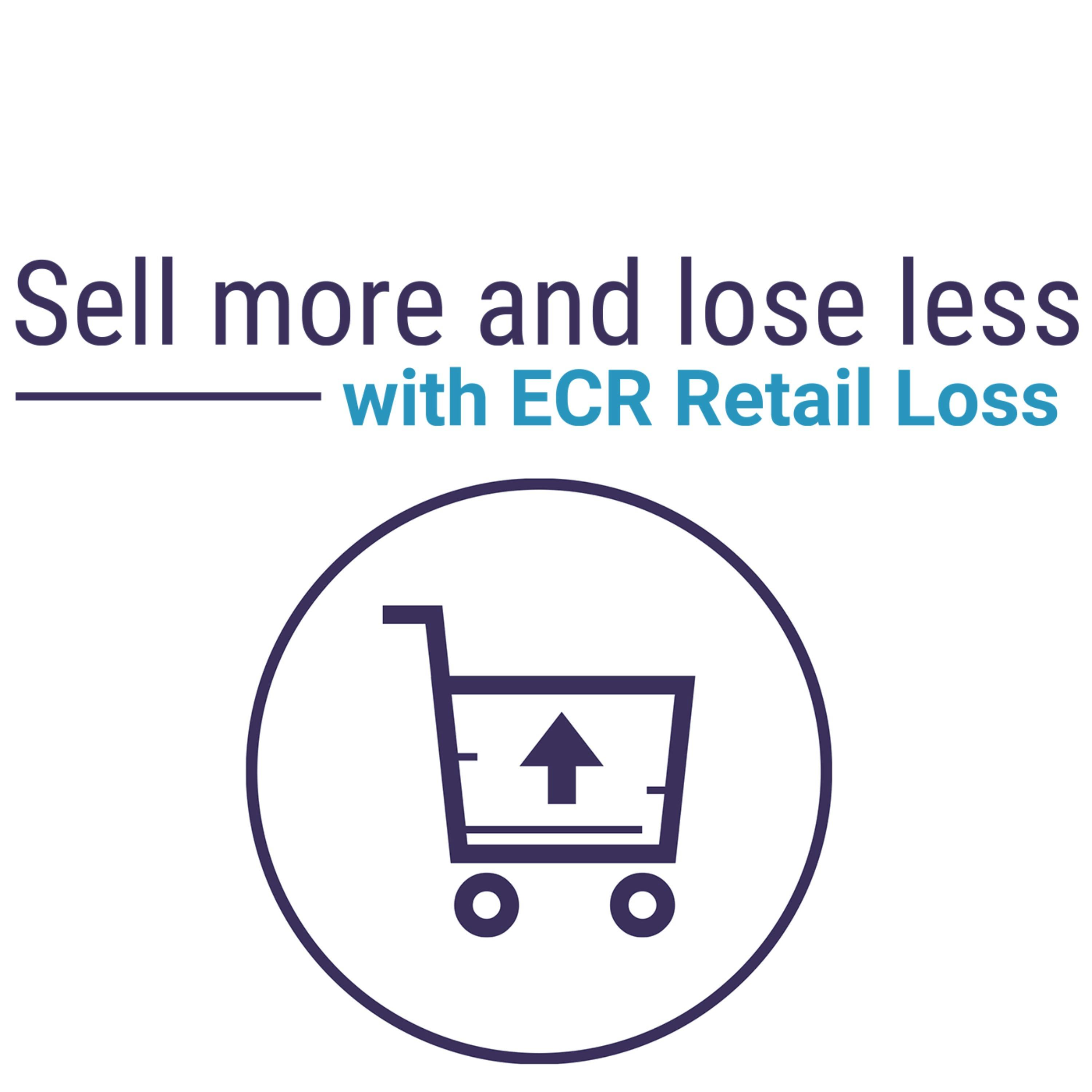Food Waste
This Working Group is focused on providing retailers and their supply chain partners with a forum to better understand how they can play a role in minimising food waste.
Supported by a global team of academics, it is developing new knowledge and experience on how to improve inventory management, supply chain logistics and in-store procedures, including innovation in packaging and the utilisation of technologies.
Research papers
Our research papers offer groundbreaking insights and actionable outcomes to help retailers and their partners better manage the many ways in which profits can be negatively impacted by all forms of retail loss. Produced by some of the leading academic experts in the field of retailing and loss prevention, they are all free to download.
Our Meetings
ECR Retail Loss Group regular working group meetings provide an opportunity to network with industry peers, hear updates on the latest research and sector initiatives, and development new skills and insights. All retailers, CPGs and academics can participate at no cost.
Innovation Challenges
Blog Food Waste
Podcast Food Waste
Why is food waste a problem?
Around one-third of all food produced around the world is lost or wasted. Decomposing food waste produces methane, a greenhouse gas that contributes to climate change.
Meanwhile, the extra emissions caused by producing, transporting and storing this wasted food only add to the problem.
The United Nations states: “If food waste were a country, it would be the third biggest source of greenhouse gas emissions.”
The ECR Retail Loss Food Waste and Markdowns Working Group has been working for years to find innovative approaches to the challenge.
Our research shows that increasing a product’s shelf life by just one day will reduce waste by 42.8%, while unpacking items in the distribution centre can cut food waste by 32.5%.
By exploring these and other options in detail, we help our 300+ retail members make a big difference by reducing food waste in supermarkets and helping protect the environment.
What is the difference between food waste and food surplus?
When it comes to cutting the amount of food that we throw away, language matters. The distinction between waste and surplus is important for managing retail losses.
Food surplus is when the supply of food exceeds demand, while food waste is when food is ultimately not consumed by humans.
When retailers have a surplus and it spoils, it becomes food waste. Some food waste is inevitable. But smart planning, storage, and redistribution can help to reduce the problem.
What are the drivers of store-based food surplus?
A variety of factors throughout the supply chain and store operations can cause food surplus and ultimately increase the waste bound for landfills.
Understanding these potential drivers is critical for minimising waste and maximising profitability.
1) Ordering/Forecasting
Over-ordering or inaccurate demand forecasting can result in inventory sitting on shelves, and lead to expired or unsellable stock.
Perishable goods, such as fresh produce or prepared foods, are particularly vulnerable to poor production planning. This excess stock quickly spoils.
2) Receiving
Mistakes in the receiving process, such as incorrect quantities or damaged goods, can contribute to surplus if not identified early.
Different delivery methods—whether via Direct Store Delivery (DSD), third-party distributors, cross-docked merchandise, or internal warehouses—affect how inventory is managed.
It’s important to coordinate these processes to reduce excess stock.
3) Product Handling
Once inventory reaches the store, your merchandising strategy can impact surplus levels. The placement of products, especially perishables, affects their sales rate.
While failing to maintain proper cold chain protocols and sanitation practices can cause perishable items to spoil prematurely.
4) Administration
Admin errors at the store, corporate, or supply chain level, such as inaccurate reporting or communication breakdowns, can lead to overstocking or missed markdown opportunities.
5) Pricing
Inaccuracies in price management can delay markdowns for perishable items, leading to inventory left unsold.
Effective markdown tracking ensures that items close to expiration are sold before they spoil, helping to avoid surplus.
6) Back Stage
Discrepancies in inventory accounting can result in mismatches between available stock and demand, leading to excess products remaining unsold.
7) Accidental Factors
Damaged products or cashier errors, such as incorrect scanning or applying wrong discounts, can increase waste.
While mistakes made by store associates, particularly in departments like produce or bakery, can result in the creation of unnecessary surplus.
8) Theft
Stolen products may result in record discrepancies, leading to over-ordering or overstocking as stores try to replenish missing items.
What are markdowns and how can they help reduce food waste?
Markdowns are price reductions applied to products near their expiry date or that have become less desirable to customers over time.
For retailers, markdowns are a powerful tool for reducing food surplus, increasing sales of perishable items, and optimising inventory management.
By regularly applying markdowns to perishables, retailers can encourage shoppers to purchase food that’s too good to waste.
Markdown strategies can both prevent the need to re-purpose or donate unsold but very close to expired stock and boost customer satisfaction, as shoppers appreciate deals on everyday products.
How can 2D codes help control food waste?
Scannable 2D codes will be an increasingly important tool in the fight against food waste. The detailed information they convey on the age of the inventory can boost inventory management.
2D codes provide more comprehensive data than traditional barcodes, enabling retailers to track critical information such as expiration dates, batch numbers, and storage conditions.
They allow employees to quickly identify products nearing the end of their shelf life, allowing for timely markdowns or promotions, improving productivity and compliance to food safety standards.
The use of 2D codes offers retailers greater visibility into the entire supply chain. With the ability to track a product’s journey from farm to shelf.
Can RFID help to reduce food surplus?
Using RFID tags to track products through the supply chain, also gives retailers real-time visibility of inventory improving stock management so less food passes its sell-by date.
RFID readers can receive alerts when products are near the end of their shelf life. This enables timely markdowns or promotions.
The technology helps ensure proper stock rotation by facilitating the “first in, first out” (FIFO) method.
By identifying which products arrived first, store employees can ensure that older items are sold before newer ones.
Automating the inventory process significantly reduces human error in stock management and ensures that critical data, such as expiry dates and quantities, is always accurate.
What else can retailers do to reduce food waste?
Supermarket customers expect large ranges and abundant displays of fresh food. But giving shoppers the choice they demand adds pressure to initiatives aimed at reducing waste.
Optimising and balancing the trade-off between food waste rates and on-shelf availability (OSA) right can boost profits and support corporate ESG goals.
Our research identified 65 interventions aimed at helping to reduce food waste in the supply chain. And our Working Group continues to identify many more tools and techniques.
How do I join the Food Waste Working Group?
If you would like to join dozens of other retail loss experts on our Food Waste Working Group, we would like to hear from you.
The group has been helping to find innovative solutions to the problem of food waste since 1999. To take part, email colin@ecrloss.com.
FAQs Food Waste
There are no text book or standard accounting answers to this question. Typically, what would be included, and in monetary value, and valued at the cost of goods, would be the following forms of losses which are typically well recorded and include; damaged products, products spoiled, or products past their expiry date that are donated to charity, to store colleagues, to animal feed or just thrown in the bin for incineration. But then there are the losses that are NOT recorded well, these include theft, damages and spoilage not recorded, errors in the system that include recipe mistakes, plus audit and POS errors. The below are some of the typical "buckets" of food waste.
- Ordering / Forecasting - Too much, too late, etc
- Receiving - Verification, accuracy, DSD over-ships, etc
- Product Handling - Cold chain outages, broken equipment (fridges, freezers, knives, etc), location, abundance strategies, etc
- Administration - Set up errors, recipe mistakes, errors in counting, etc
- Pricing - Price integrity, markdown tracking, gross margin capture, etc
- Theft - internal, external, collusion, etc
- Accidental - associate error, damages, cashier error, etc
- Back Stage - accounting reconciliation issues
The above causes are all included in the number often referred to shrink (in USA) or more completely, known and unknown losses.
In addition, some retailers would measure their waste in tonnes, or in CO2 emissions, and track and measure the percentage of their waste that is kept within the human and animal food chain, and by default not sent to land fill. This answer is not meant to be exhaustive, a good source for a more comprehensive answer (160 pages) can be found in the CGF Food Loss and Waste Accounting and Reporting Standard
Strictly no, a loss should be seen as a loss to the business where that loss has no intrinsic value to the organisation. In the case of markdowns, they serve a purpose which is to accelerate the sale of items close to their expiry date, the value therefore is to recover some value and profit from these items rather than donating, re-purposing or throwing away. However, again there are no standards, some retailers will have the budget for markdowns sit with the buyer and not be in the control of stores, and then there are others where the store and store operations will own the budget for markdowns.
Main office
ECR Community a.s.b.l
Upcoming Meetings
Join Our Mailing List
Subscribe© 2023 ECR Retails Loss. All Rights Reserved|Privacy Policy


.png?ixlib=gatsbyFP&auto=format%2Ccompress&fit=max&w=2677&h=1832)


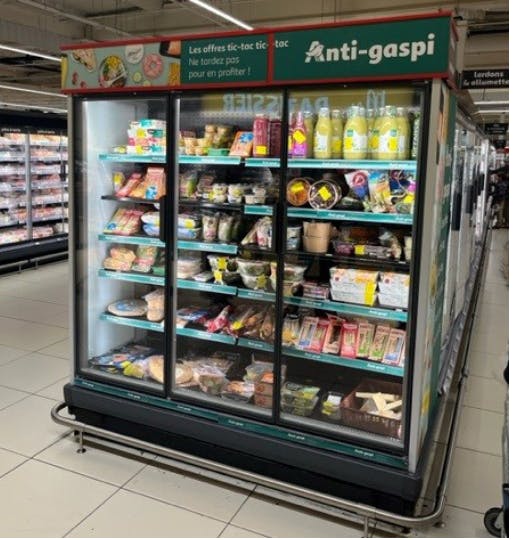


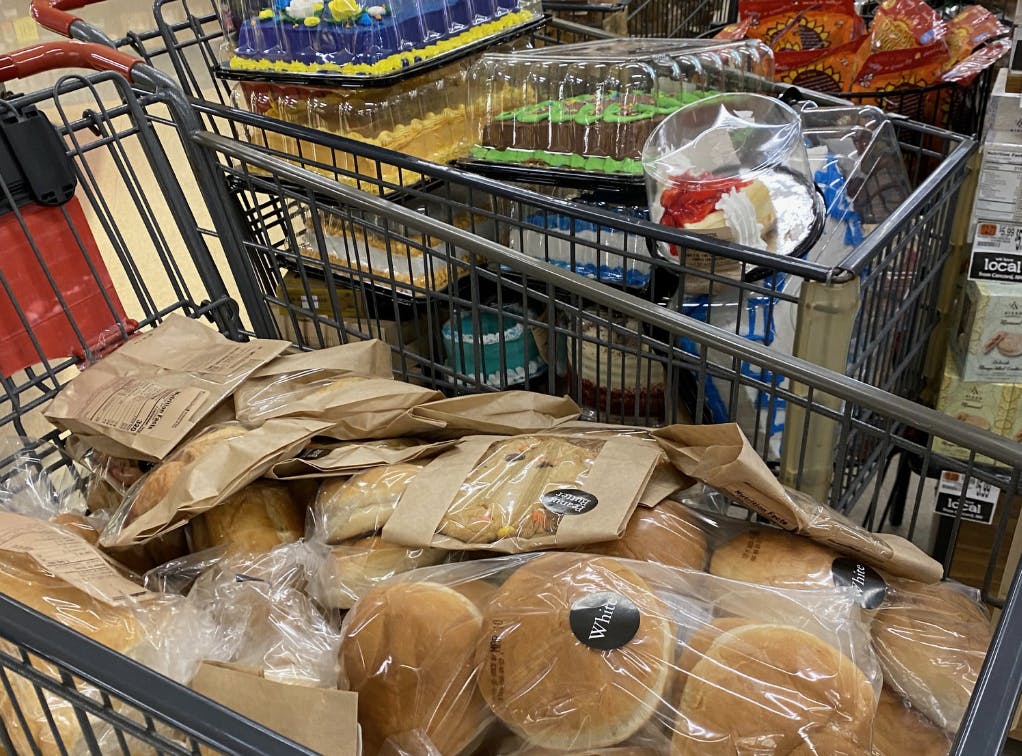


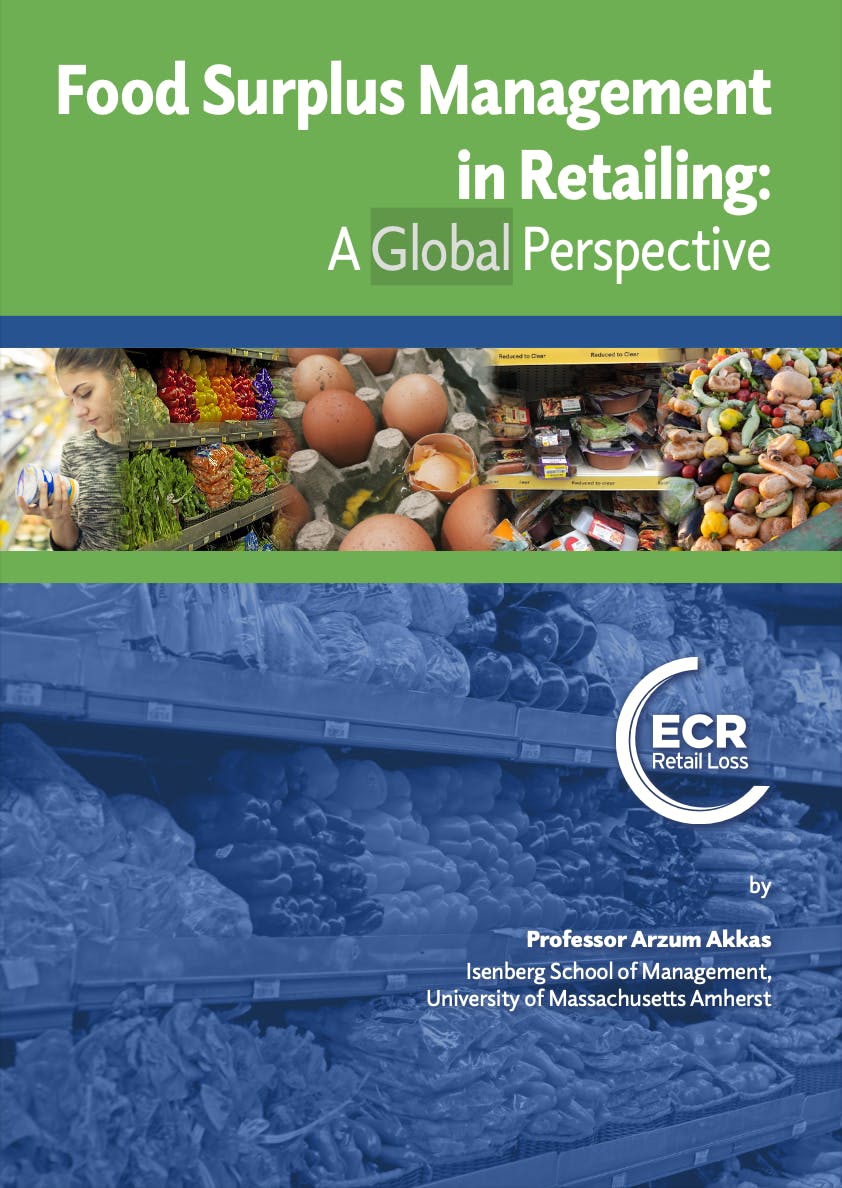

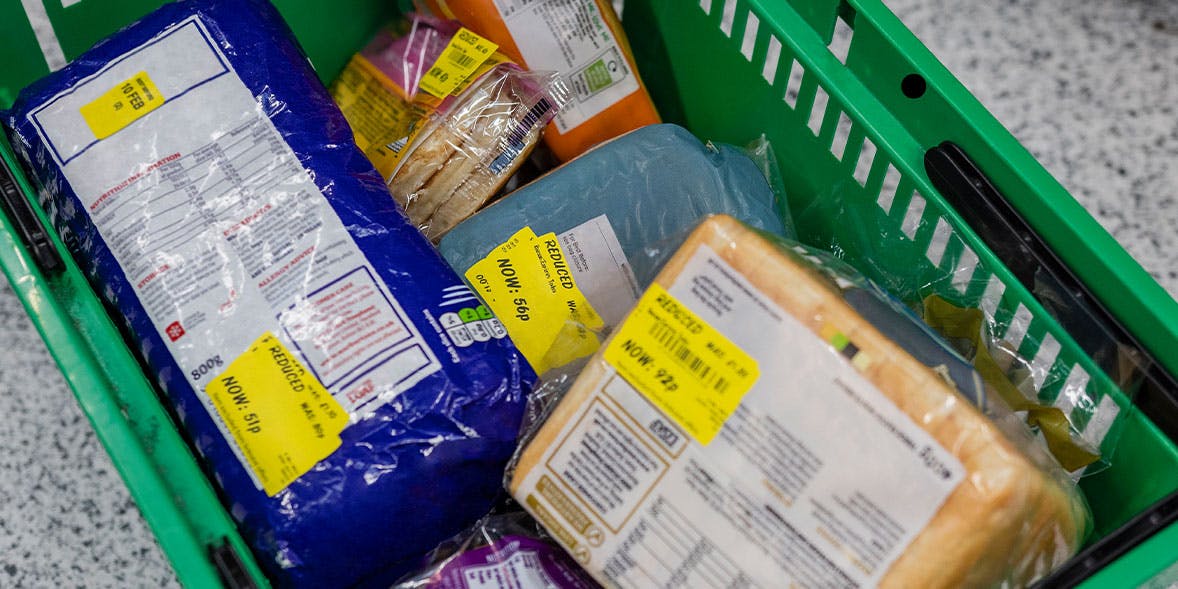
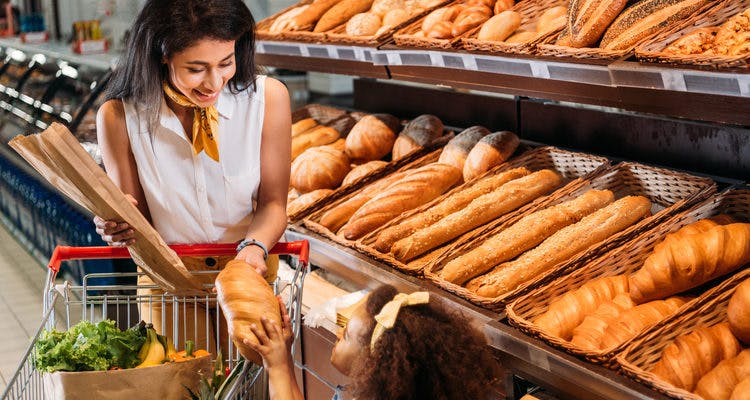

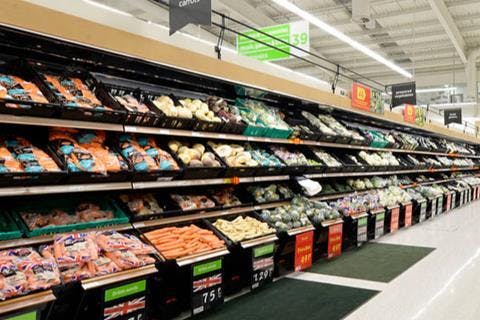
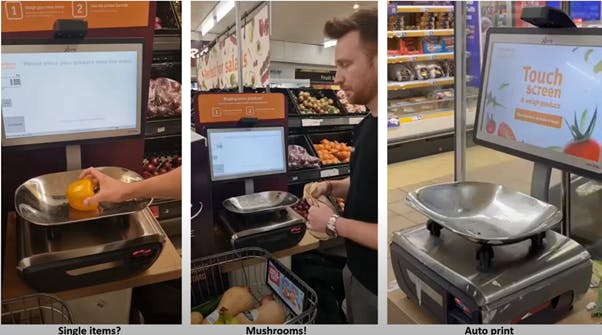
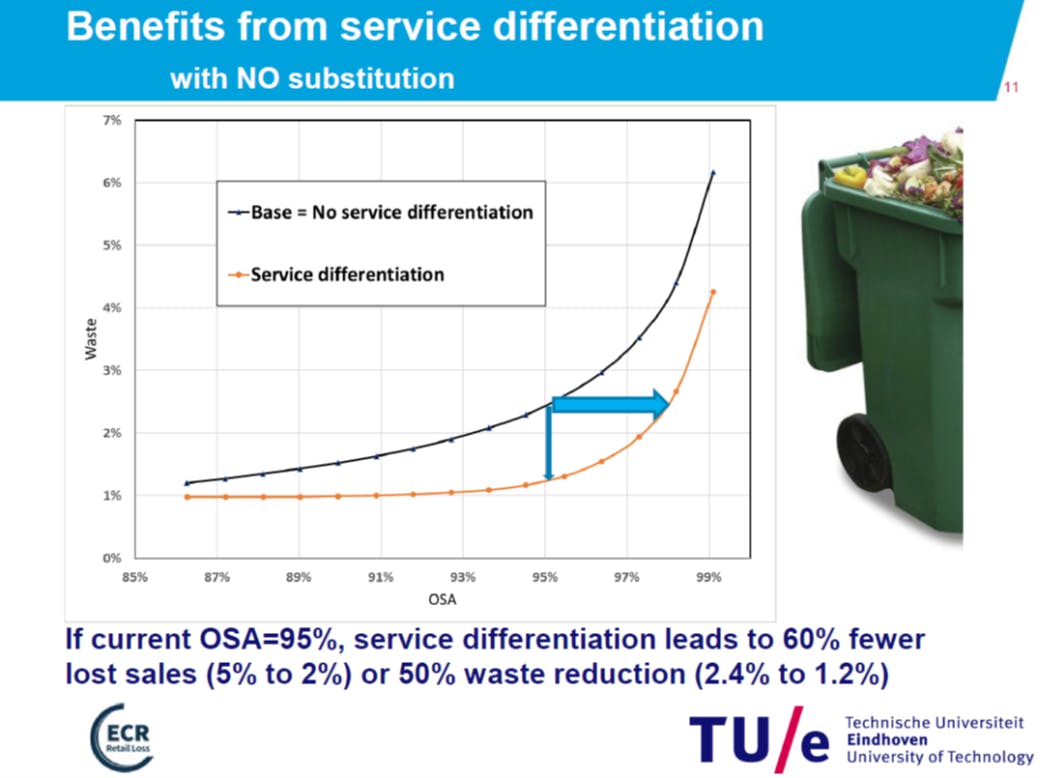




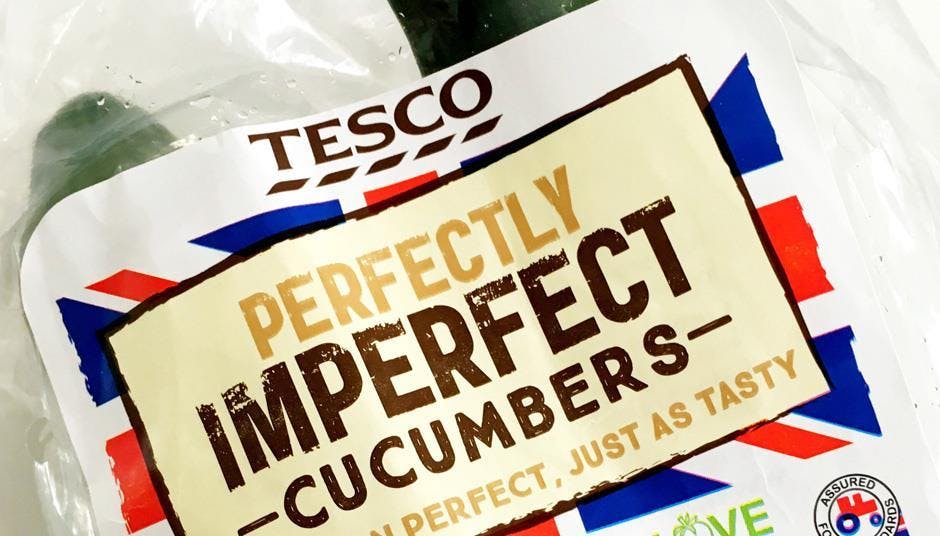
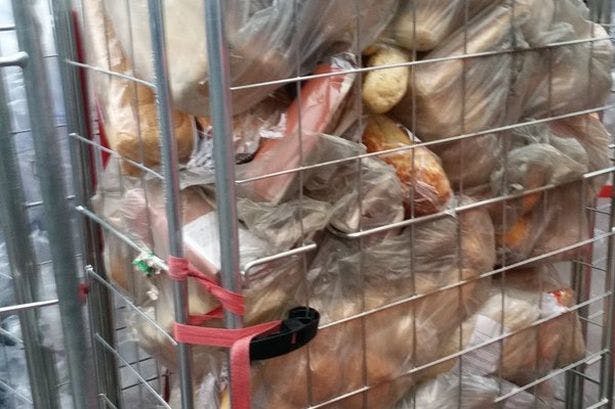
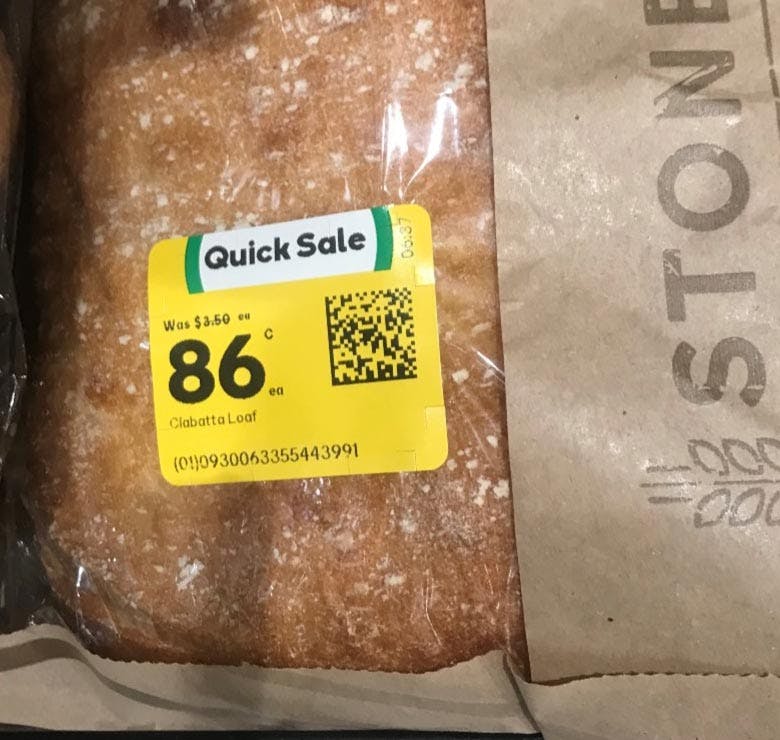
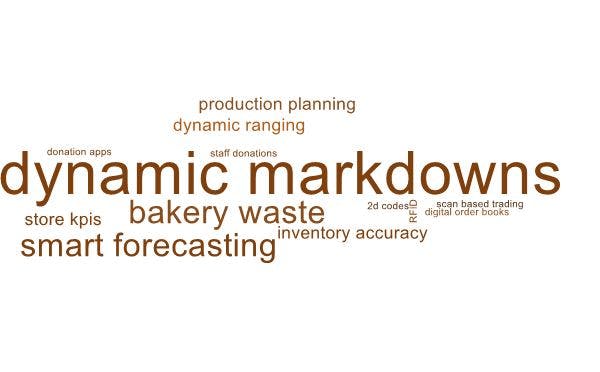
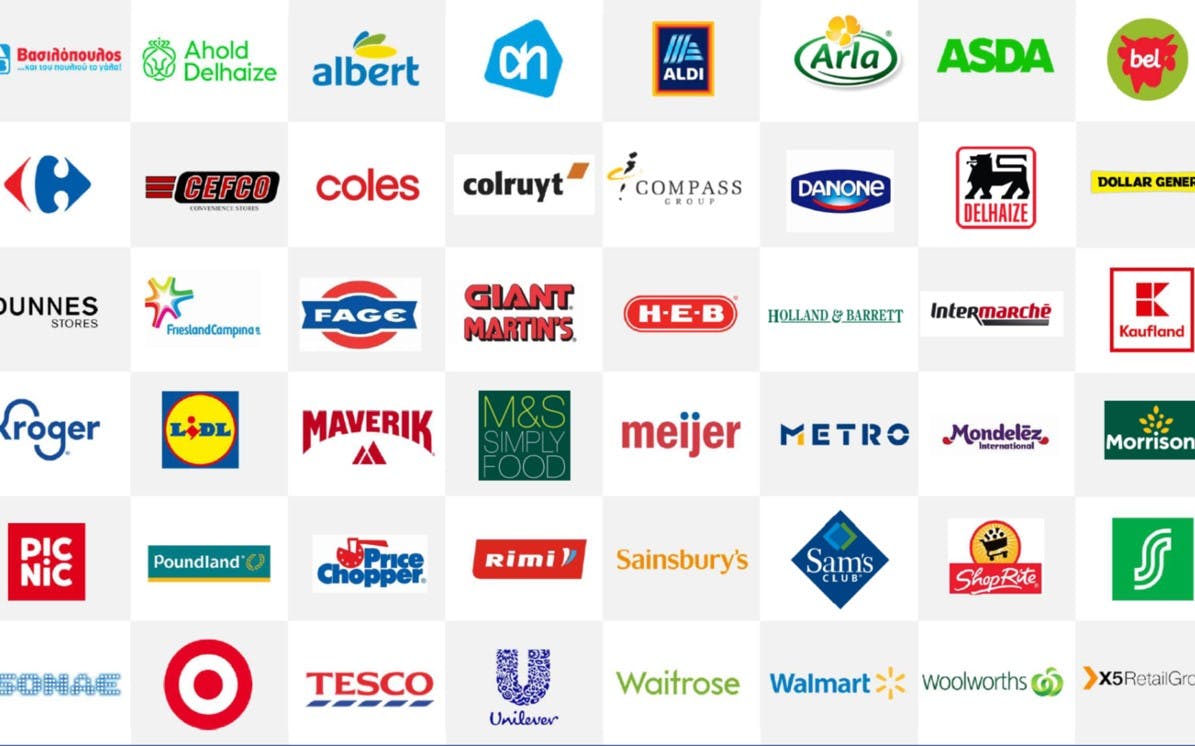
.jpg?ixlib=gatsbyFP&auto=compress%2Cformat&fit=max&w=960&h=540)



